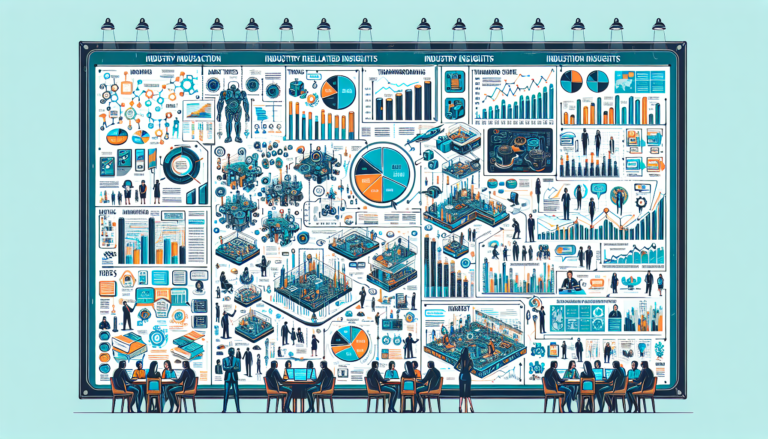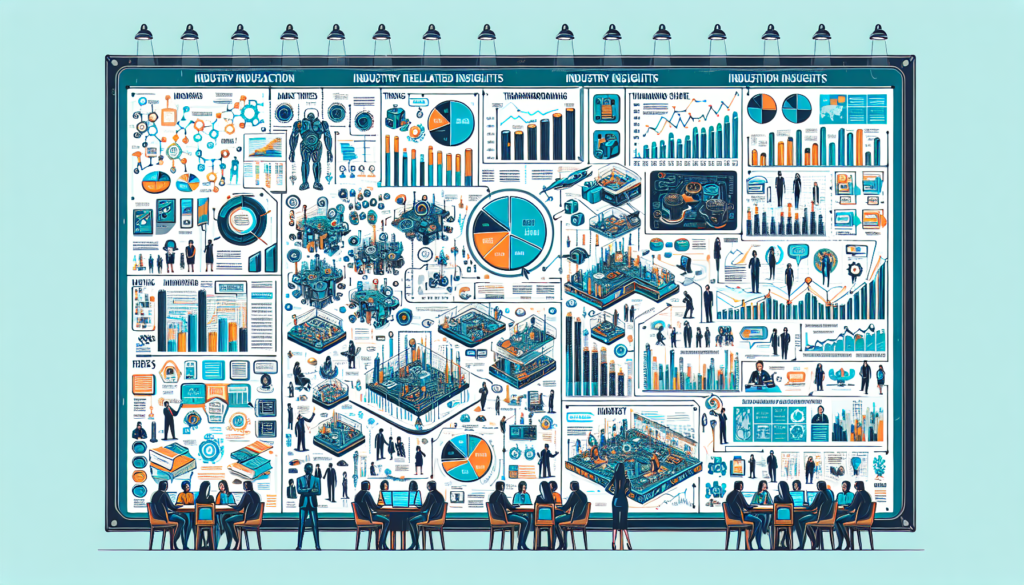What is the Metaverse?
The Metaverse is a collective virtual space that merges augmented reality (AR), virtual reality (VR), and the internet. Imagine stepping into a digital universe where you can interact with others in real-time, attend concerts, explore digital landscapes, and even shop—all while sitting in your living room. The term “Metaverse” was popularized by Neal Stephenson’s 1992 science fiction novel “Snow Crash,” where it described a virtual reality-based successor to the internet. Today, the term encompasses a broad range of technologies, experiences, and platforms that facilitate social interaction in a 3D digital environment.
The Metaverse is not a single platform but rather an interconnected network of virtual spaces where users can engage in various activities. This can include gaming, socializing, or even conducting business. Major tech companies, such as Meta (formerly Facebook), Microsoft, and Epic Games, are investing heavily in developing their versions of the Metaverse, further popularizing the concept and pushing its boundaries.
The Technology Behind the Metaverse
At the core of the Metaverse are advanced technologies that enable immersive experiences. Virtual reality (VR) and augmented reality (AR) are two key components. VR involves fully immersive environments where users can interact with a digital space through headsets, allowing them to experience life-like scenarios. AR, on the other hand, overlays digital elements onto the real world, enhancing our perception of reality without fully immersing us in a virtual space.
Blockchain technology is also crucial for the Metaverse, particularly for digital ownership and authenticity. Non-fungible tokens (NFTs) have emerged as a way for individuals to own unique digital assets, such as art, music, or virtual real estate. By using blockchain, users can verify ownership and transaction history, making the Metaverse a space where digital assets hold real value.
Lastly, advancements in artificial intelligence (AI) are enhancing the Metaverse experience. AI can create dynamic and responsive environments, allowing for more engaging interactions with virtual characters and environments. These technologies are continuously evolving, leading to richer and more expansive digital experiences.
Key Features of the Metaverse
The Metaverse is defined by several key features that set it apart from traditional online experiences. One of the most significant is its immersive nature. Users can engage with digital environments in ways that feel natural and intuitive, whether through VR headsets or AR applications. This creates a sense of presence that traditional online platforms cannot replicate.
Interoperability is another critical aspect of the Metaverse. Different platforms and experiences can connect, allowing users to carry their digital identities and assets from one space to another. For example, a user could purchase a virtual item in one game and use it in another, fostering a sense of continuity and ownership.
User-generated content is a cornerstone of the Metaverse. Many platforms encourage users to create their own content, whether it’s designing virtual spaces, creating avatars, or programming interactive experiences. This democratization of content creation fosters community engagement and allows for limitless creativity.
Furthermore, the social aspect of the Metaverse is paramount. Users can interact with friends and strangers in real-time, attend events, or collaborate on projects, blurring the lines between social media and online gaming. This creates opportunities for genuine connections and shared experiences, transcending geographical boundaries.
The Role of Gaming in the Metaverse
Gaming has been a significant driving force behind the development of the Metaverse. Popular games like Fortnite and Roblox have already established ecosystems where players can socialize, create, and play together in expansive digital worlds. These platforms serve as early examples of the Metaverse, showcasing its potential for social interaction and creative expression.
In games like Fortnite, players can attend virtual concerts, participate in special events, and even collaborate on creative projects. The success of these experiences has demonstrated that gaming can be more than just a pastime; it can be a platform for social engagement and shared experiences.
Moreover, the gaming industry is increasingly incorporating blockchain technology, allowing players to own their in-game assets. This ownership model is a fundamental shift in how we view digital property and contributes to the overall economy of the Metaverse. As players invest in their digital identities and assets, the line between gaming and real-world economies continues to blur.
Business Opportunities in the Metaverse
The Metaverse presents a myriad of opportunities for businesses across various sectors. As more people engage with digital environments, brands are recognizing the potential to connect with consumers in innovative ways. Virtual storefronts, immersive advertisements, and interactive experiences are becoming commonplace in the Metaverse.
For instance, companies can host virtual events to launch products or engage with their audience in unique settings. Fashion brands have begun creating virtual clothing for avatars, allowing consumers to express their personal style in digital spaces. This not only opens new revenue streams but also fosters a deeper connection with consumers who are increasingly looking for personalized experiences.
Furthermore, real estate in the Metaverse is becoming a hot commodity. Virtual land is being bought and sold for significant sums, with investors seeing it as a way to capitalize on the growing interest in digital experiences. Companies are purchasing virtual real estate to build brand experiences, host events, or create community spaces that attract users.
The Metaverse also offers opportunities for education and training. Virtual classrooms, training simulations, and immersive learning experiences can revolutionize how we acquire knowledge and skills. Educational institutions and businesses are beginning to explore these possibilities, creating engaging environments that enhance learning outcomes.
Challenges Facing the Metaverse
Despite its vast potential, the Metaverse also faces several challenges that must be addressed for it to thrive. One of the most pressing issues is the question of safety and security. As users navigate these digital spaces, their personal data and digital assets become vulnerable to cyber threats. Ensuring robust security measures are in place is crucial to build trust among users.
Another significant challenge is the issue of digital divide. Access to the Metaverse requires specific hardware, such as VR headsets, and a stable internet connection. This can create disparities between those who can participate fully in the Metaverse and those who cannot, leading to exclusion. Addressing these accessibility issues is essential for creating an inclusive environment.
Moreover, the Metaverse raises questions about governance and moderation. With countless users interacting in various spaces, ensuring a safe and respectful community is vital. Platforms must develop clear guidelines and policies to prevent harassment, bullying, and other negative behaviors that can arise in online environments.
Lastly, the environmental impact of the technologies that support the Metaverse cannot be overlooked. As demand for data storage and processing increases, so does the energy consumption associated with these technologies. Finding sustainable solutions will be essential as the Metaverse continues to grow.
Future of the Metaverse
The future of the Metaverse is exciting and full of potential. As technology continues to advance, we can expect increasingly immersive and interactive experiences. The integration of AI, machine learning, and even more sophisticated VR and AR technologies will pave the way for new possibilities.
Moreover, as more businesses and individuals invest in the Metaverse, its economy will expand. New job opportunities will arise, ranging from digital architects to community managers, creating a new workforce dedicated to shaping the future of these digital spaces.
As the Metaverse evolves, it will continue to reshape how we connect, interact, and experience the world around us. Whether through gaming, education, or social engagement, the Metaverse has the potential to transform our lives in ways we are only beginning to understand. Embracing this digital frontier will require adaptability, creativity, and a commitment to building a safe and inclusive environment for all users.
In summary, the Metaverse is not just a passing trend; it represents a fundamental shift in how we view digital interactions. By understanding its intricacies and potential, we can navigate this new landscape and harness its capabilities for both personal and professional growth.














